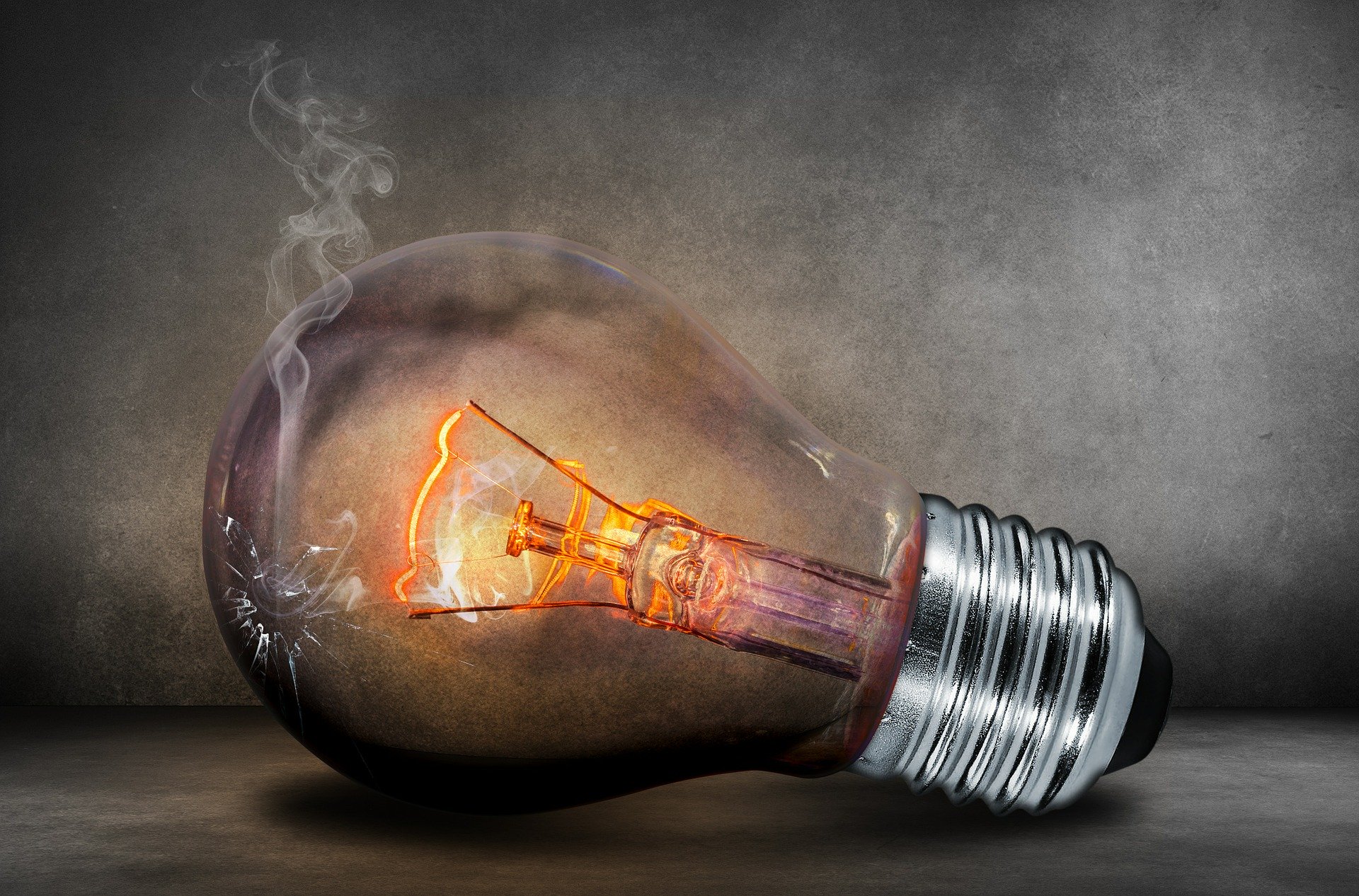Light bulbs are so commonplace, we barely even think about them.
Still, our homes go dark pretty quickly should a light bulb burn out or even explode. So although you may think light bulbs too mundane to worry about, here are a few circumstances that you should be aware of in order to keep your home and your family safe, and with the illumination you need.
Why are My Light Bulbs Burning Out So Quickly?
Light bulbs seem to burn out at the most inopportune moments. If your light bulbs are continually burning out more frequently than normal, there may be several reasons.
For one, your wiring may be producing voltage above 125 volts which is normal in residential homes. This situation should be investigated and remediated by a master electrician. Light bulbs also may burn out more quickly when vibrated, such as may happened when they are installed in a ceiling fan. A bulb may also burn out too quickly if the connection into the fixture is either too loose or too tight. If you have installed light bulbs which have too much wattage for your fixture, they may burn out or cause a short circuit.
What Causes Light Bulbs to Explode ?
A light bulb suddenly exploding can be startling to say the least. The loud sound and shattered glass flying is not only scary, but can be dangerous. Although exploding light bulbs are not an everyday occurrence, it is important to understands. Why do light bulbs explode? There are several reasons.
- A lack of insulation at the base of the light bulb will cause that base to melt, allowing the gas stored in the bulb to leak out. This results in an imbalance in pressure which can cause the bulb to explode.
- A loose socket connection can also cause these exploding bulbs. Electricity umps across a loose connection instead of flowing through it. When the fitting becomes overheated due to this “jumping”, the bulb can explode. The good news is, all that is necessary to prevent this is to screw the bulbs in snugly into the sockets.
- Every light fixture is designed with a specific light bulb wattage in mind. If you install a light bulb which exceeds the wattage limit, the bulb overheats and may be susceptible to exploding. Your fixture should have the proper wattage presented on its label. If correct wattage is not indicated, you can look it up or call the manufacturer.
- Halogen bulbs in particular are actually sensitive to the oil which is naturally present on our hands. Oil on a heated bulb can create a hot spot which may cause the bulb to crack, leak and explode. If you ever notice cracks appearing on your lightbulbs, remove them immediately.
If you notice your bulbs frequently flickering or burning out, they are in danger of exploding as well. All three situations require remediation.
Getting the Most Life Out of Your Light Bulbs
To recap, you can get the most life out of your light bulbs by using the correct wattage for your fixture, screwing in the bulb securely, and ensuring that your home’s voltage is at the right level.
Having a professional master electrician inspect and assess all of the electrical panels, outlets and connections in your home can help to guarantee that your bulbs, fixtures and wiring will be safe and long lasting. If you have moved into a new home, live in an older home, or are not sure about the quality of the electrical wiring in your residence, call Promise Electric for peace of mind.



